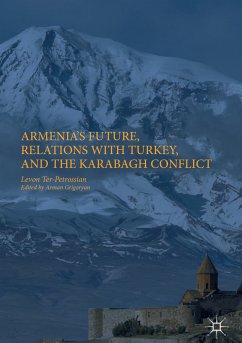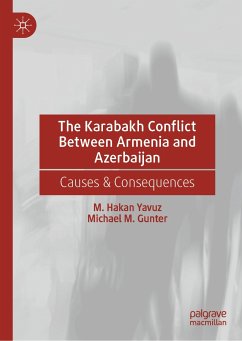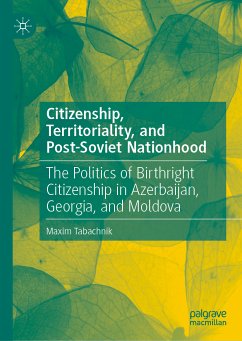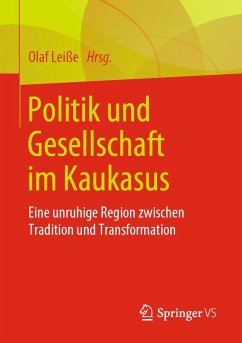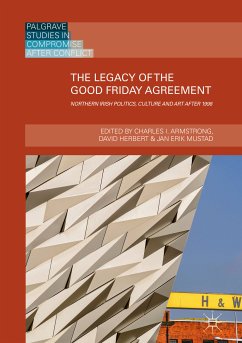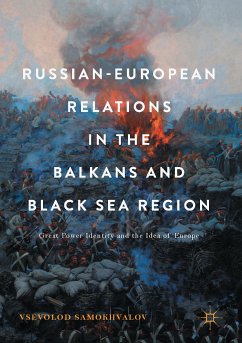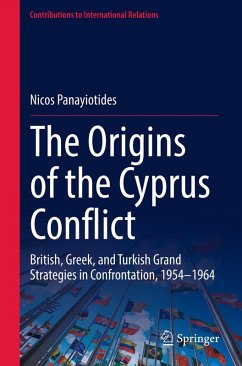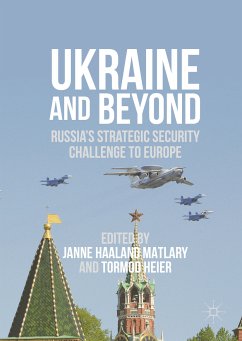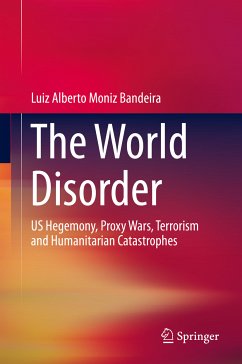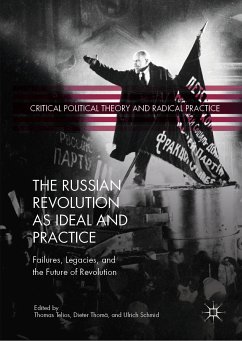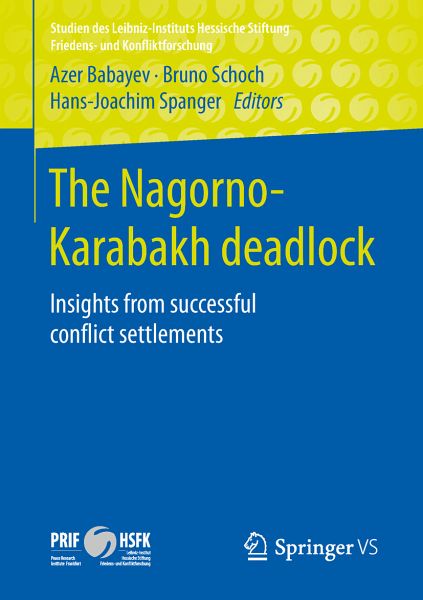
The Nagorno-Karabakh deadlock (eBook, PDF)
Insights from successful conflict settlements
Redaktion: Babayev, Azer; Spanger, Hans-Joachim; Schoch, Bruno
Versandkostenfrei!
Sofort per Download lieferbar
Statt: 58,84 €**
48,95 €
inkl. MwSt.
**Preis der gedruckten Ausgabe (Broschiertes Buch)
Alle Infos zum eBook verschenkenWeitere Ausgaben:

PAYBACK Punkte
24 °P sammeln!
The book examines all relevant models which have been employed in settling ethno-territorial conflicts since the time of the League of Nations. Eight of these models have been studied in-depth. The aim of this analysis is to gain expertise and insights that could prove relevant to resolving the conflict in Nagorno-Karabakh. This potential is evaluated in the closing chapters of the volume where novel ideas on how to apply the lessons of these cases to the conflict in Nagorno-Karabakh are presented. This conflict carries many features typical of ethno-territorial conflicts in present and past t...
The book examines all relevant models which have been employed in settling ethno-territorial conflicts since the time of the League of Nations. Eight of these models have been studied in-depth. The aim of this analysis is to gain expertise and insights that could prove relevant to resolving the conflict in Nagorno-Karabakh. This potential is evaluated in the closing chapters of the volume where novel ideas on how to apply the lessons of these cases to the conflict in Nagorno-Karabakh are presented. This conflict carries many features typical of ethno-territorial conflicts in present and past times: it is neither unique, nor does its settlement depend on others than the parties to the conflict. Rather it is - as in all other cases - entrenched historical narratives and enemy images which lead to zero-sum calculations and can conceivably only be overcome in a gradual process.
Content
- Part I Nagorno-Karabakh and ethno-territorial conflict settlement
- Part II Case studies of ethno-territorial conflict settlement: Åland, Bosnia and Herzegovina, Kosovo, South Tyrol, Trieste, Cyprus, Northern Ireland, Quebec.
- Part III Results and conclusions: A way out for Nagorno-Karabakh
The Editors
Dr Azer Babayev¿ is Assistant Professor of Political Science at ADA University, Baku.
Dr Bruno Schoch is Associated Researcher at PRIF (Peace Research Institute Frankfurt), Frankfurt/Main.
Dr Hans-Joachim Spanger is Head of the Dissemination Division at PRIF (Peace Research Institute Frankfurt), Frankfurt/Main.
Dieser Download kann aus rechtlichen Gründen nur mit Rechnungsadresse in A, B, BG, CY, CZ, D, DK, EW, E, FIN, F, GR, HR, H, IRL, I, LT, L, LR, M, NL, PL, P, R, S, SLO, SK ausgeliefert werden.



